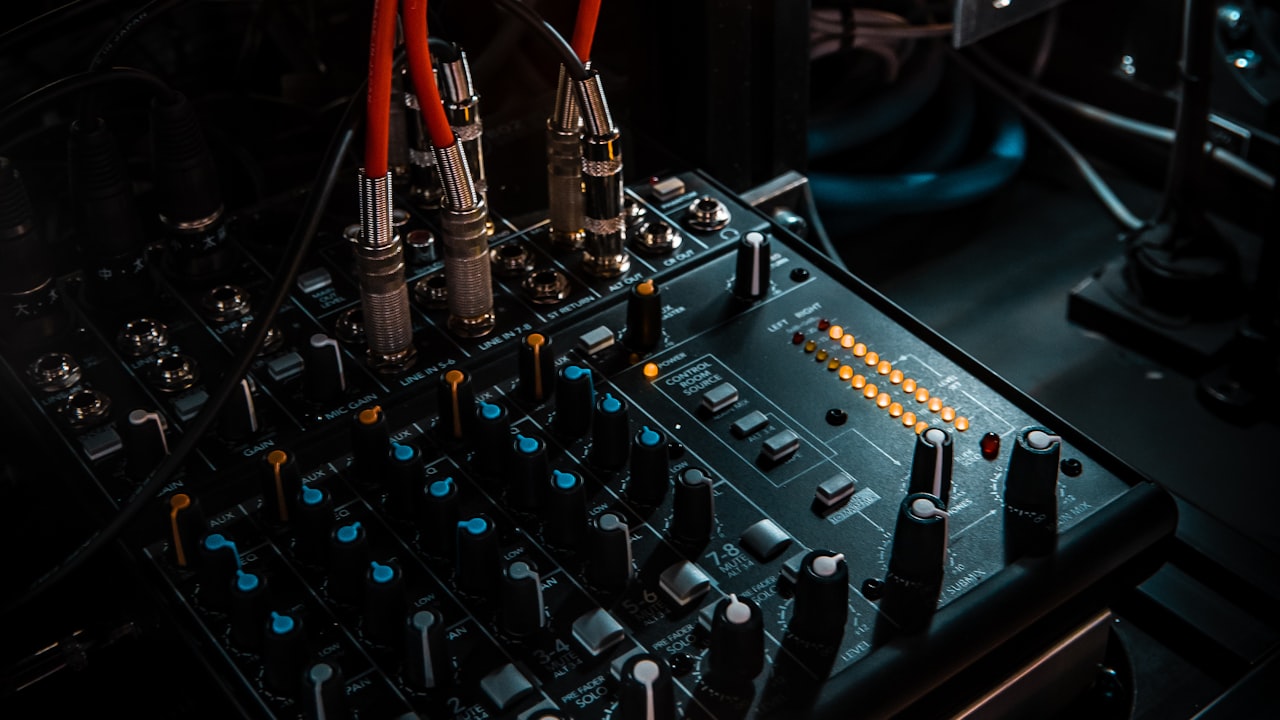Title:
Revolutionizing Pharmaceutical Production: The Role of Pharmaceutical Machinery in Modern Medicine
Article:
In the dynamic landscape of pharmaceutical manufacturing, the utilization of advanced pharmaceutical machinery has played a pivotal role in enhancing efficiency, improving quality control, and meeting the growing demand for innovative medications. Among the array of cutting-edge equipment, the table press machine and the capsule filling machine stand out as indispensable tools in the production process.
The table press machine, also known as a tablet press or pill press, is a crucial component in the manufacturing of compressed tablets. This machine functions by compressing powder formulations into precise and consistent tablets. With features such as adjustable compression settings and customizable tablet sizes, table press machines like the TDP series have become essential in pharmaceutical production lines. The TDP (Tablet Press) machine employs a mechanical or hydraulic system to exert immense pressure, ensuring uniform tablet hardness and integrity.
On the other hand, the capsule filling machine simplifies the encapsulation process, allowing for the accurate filling of powders, pellets, or liquids into capsule shells. Pharmaceutical manufacturers utilize advanced capsule filling machines like the THDP series to streamline production and ensure dosage accuracy. The THDP (Automatic Capsule Filling Machine) incorporates advanced technology such as automatic feeding, filling, and ejection systems to maximize efficiency and minimize human error.
The integration of these advanced pharmaceutical machines has revolutionized the production process in the pharmaceutical industry. By automating tasks that were once labor-intensive and error-prone, pharmaceutical machinery has significantly improved productivity and operational efficiency. Moreover, the precise control and monitoring capabilities of machines like the TDP and THDP series have elevated the quality standards of pharmaceutical products, ensuring adherence to regulatory requirements and patient safety.
In conclusion, pharmaceutical machinery such as the table press machine and capsule filling machine play a vital role in modern medicine by enhancing production efficiency, quality control, and product safety. With advancements in technology and automation, these machines have revolutionized pharmaceutical manufacturing, paving the way for the development of innovative medications that meet the evolving needs of healthcare worldwide.

 Title: The Impact of Pharmaceutical Machinery on Modern Medicine
Title: The Impact of Pharmaceutical Machinery on Modern Medicine



